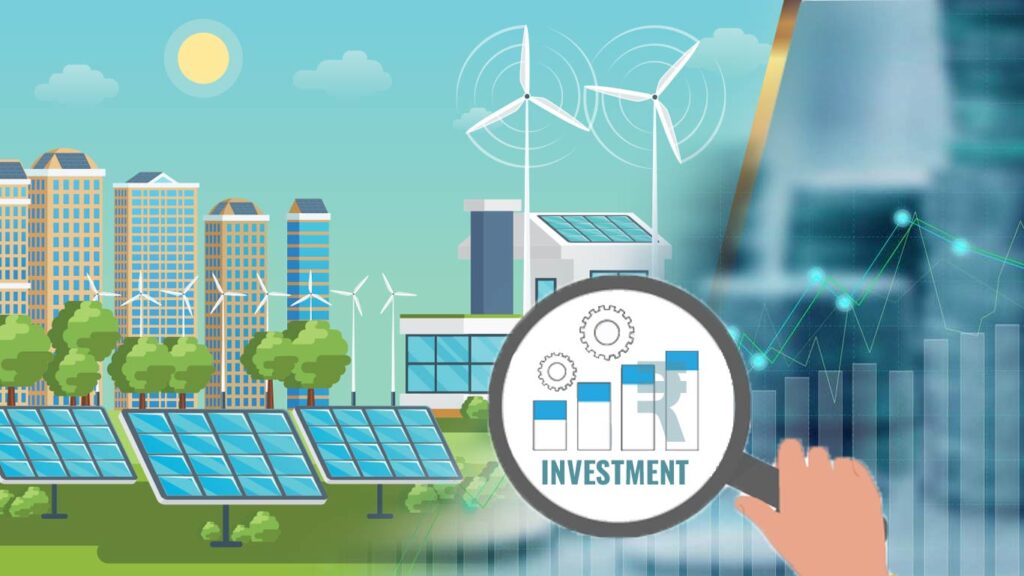New Delhi, Feb 25 (KNN) A recent report by UK-based energy think tank Ember reveals that India requires USD 300 billion in renewable energy investment by 2032 to meet its ambitious clean energy targets.
Annual financing must grow to USD 68 billion, representing a 20 per cent yearly increase from current levels.
The analysis warns that rising financial risks could significantly impact these goals. A 400 basis point increase in financing costs could leave India up to 100 GW short of its 500 GW renewable energy target for 2030 and drive up electricity costs for consumers.
“Understanding project-specific financing risks for RE projects is key to designing targeted mitigation measures that keep the cost of capital low,” said Neshwin Rodrigues, Senior Energy Analyst for India, Ember.
“Staying attuned to evolving risk profiles in renewables is essential for sustaining their growth and ensuring India meets its RE targets,” he added.
The report identifies project commissioning delays and uncertainties related to Firm and Dispatchable Renewable Energy (FDRE) projects as the factors with the greatest potential impact on capital costs.
FDRE projects face unique financial challenges, including penalties for failing to meet demand fulfilment requirements, exposure to wholesale market price fluctuations, potential price cannibalisation when selling excess electricity, and uncertainties surrounding future battery replacement costs.
The report suggests that structured risk-sharing contracts, such as contracts for difference, could help mitigate revenue uncertainties related to wholesale market exposure in FDRE projects.
(KNN Bureau)









